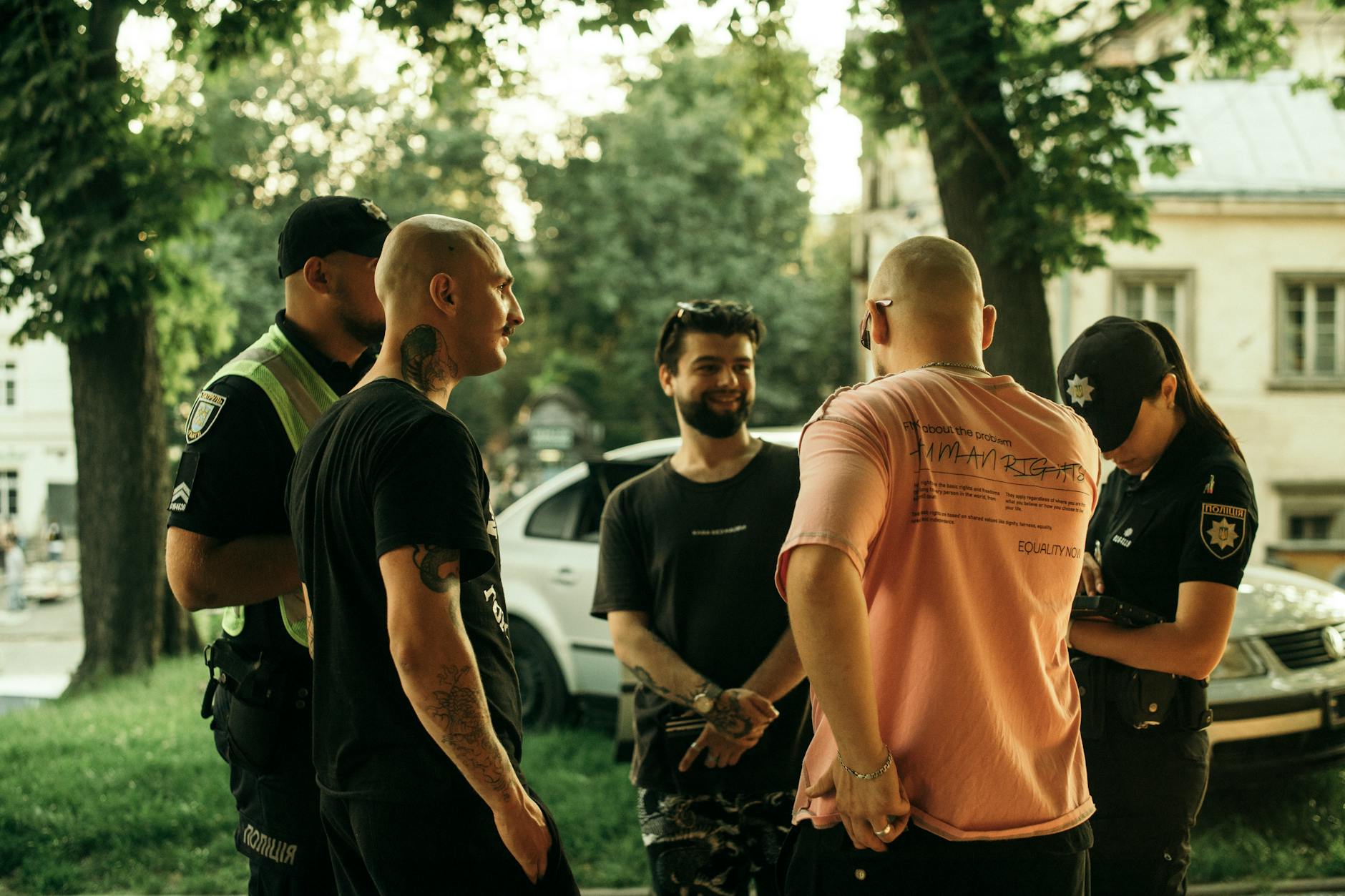Irish Cop Vetting 101: The Lowdown

Joining the ranks of the Irish Police, known as An Garda Síochána, is a noble pursuit intertwined with the protection and service of the community. However, before one can put on the badge and step into the role of a garda, rigorous vetting procedures are in place to ensure that only individuals of high integrity and reliability are selected. In this article, we provide an overview of the vetting process for Irish police officers, outlining the criteria and standards expected.
Understanding the Vetting Process
The vetting process for potential Irish police officers is thorough and multifaceted, designed to scrutinize the background and character of each applicant. The process can be broken down into several key stages:
1. Application
Applicants must complete a detailed application form, including personal information, educational background, and any relevant experiences. Full disclosure is required, and any attempt to conceal information can lead to disqualification.
2. Initial Checks
Once the application is submitted, initial checks are conducted. These include:
- Verification of identity
- Checking for a criminal record
- Review of any previous interactions with law enforcement
3. Background Investigation
More in-depth research is carried out into the applicant's past, including:
- Previous employment verification
- Reference checks
- Examination of financial history, ensuring there is no history of fraud or financial mismanagement
4. Character Assessment
The Gardaí seek to recruit individuals with strong moral character. This segment of the vetting process evaluates:
- Honesty and integrity
- Responsibility and accountability
- Respect for others, including adherence to principles of equality
- Law-abiding behavior
5. Psychological Evaluation
Applicants may undergo psychological testing to assess their suitability for the role, including:
- Coping with stress and high-pressure situations
- Interpersonal skills and empathy
- Mental resilience and stability
6. Physical Examination
To ensure each applicant meets the physical demands of police work, a medical examination, and possibly a fitness test, will be carried out to evaluate:
- Overall health and well-being
- Fitness level
- Any medical conditions that may affect job performance
7. Interview Process
This stage involves face-to-face interviews where candidates must demonstrate their potential as a police officer, displaying:
- Communication skills
- Decision-making capabilities
- Dedication to community safety and service
Criteria and Standards
Applicants must meet the following criteria to pass the vetting process:
- Be at least 18 years of age
- Hold a school-leaving certificate or equivalent
- Be of good character with no serious criminal convictions
- Have the legal right to work in Ireland
The Irish police uphold high standards for its officers and the vetting process reflects these stringent requirements. Only those who exhibit professionalism, sound judgment, and an unwavering commitment to upholding the law and protecting citizens are likely to pass the vetting process.
Conclusion
The vetting process for those wishing to join An Garda Síochána is comprehensive and designed to ensure that the community is served by officers of the highest caliber. For potential applicants, understanding each step of this process and preparing accordingly can be the first step toward a rewarding career in law enforcement. With the right combination of personal integrity, professionalism, and dedication, applicants can navigate the vetting process successfully and embark on a path of public service within the Irish police force.